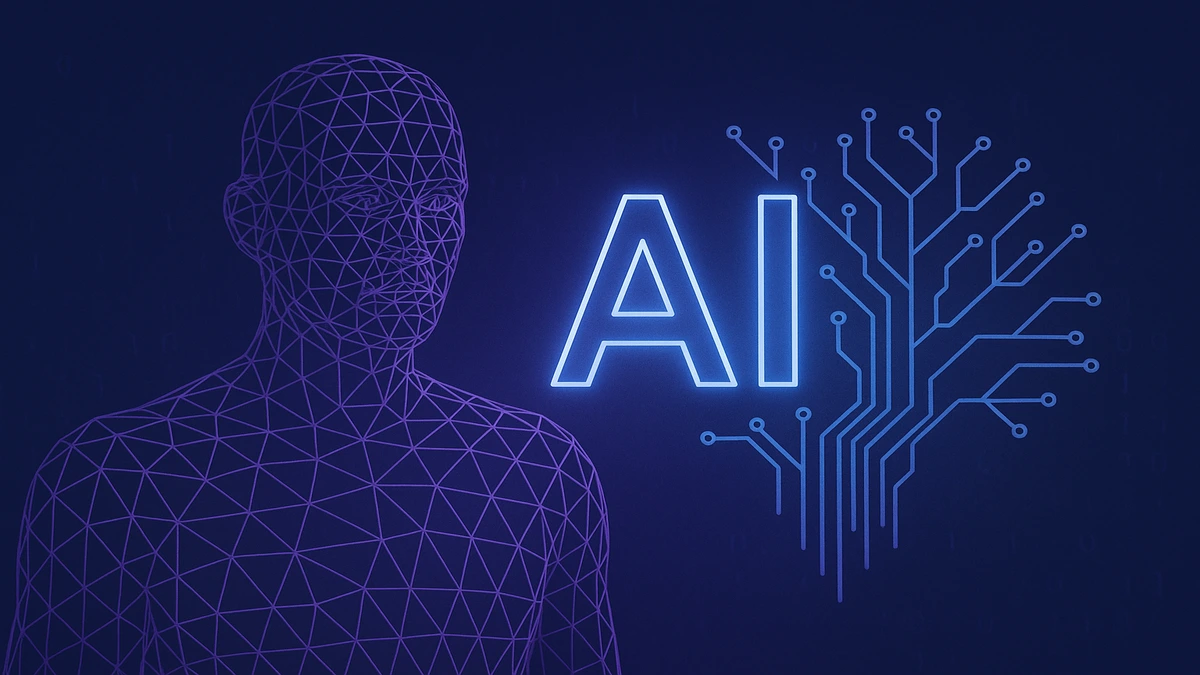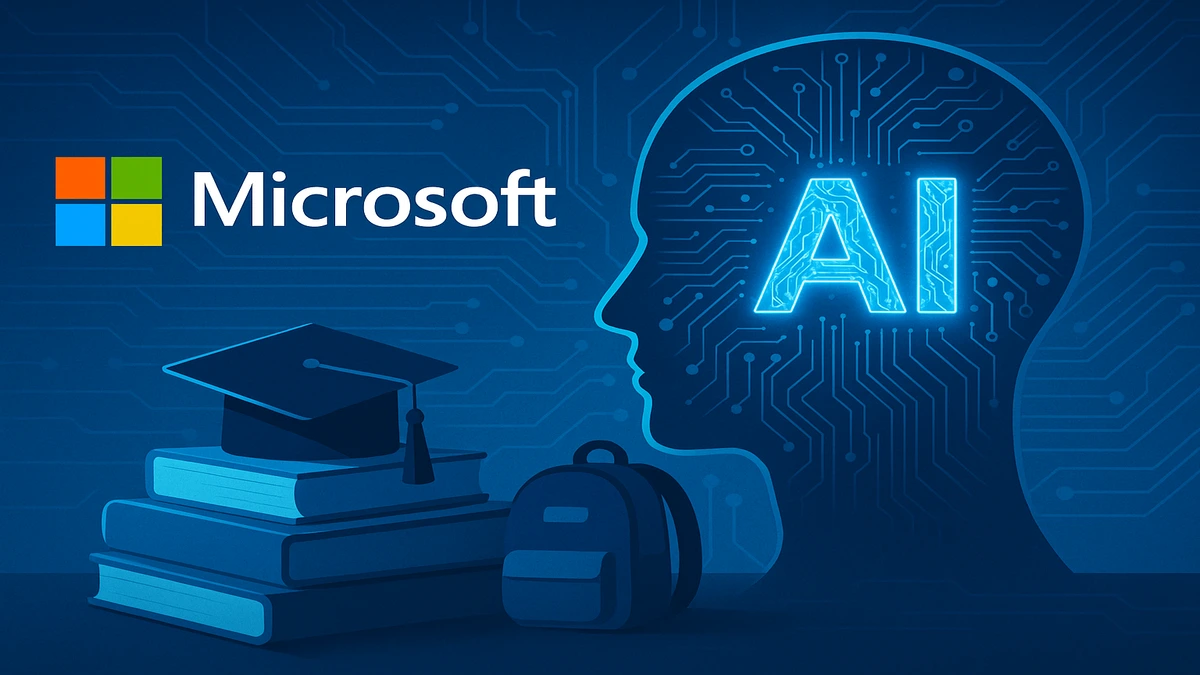
AI is transforming genome sequencing in 2025, enhancing next-gen sequencing (NGS), rare disease diagnosis, and personalized medicine through multi-omics integration and intelligent data processing.
Genome sequencing—the process of determining the complete DNA sequence of an organism’s genome—has been a cornerstone of modern biology and medicine. It has come a long way since the Human Genome Project’s completion in 2003. Once a slow, expensive process, it is now faster, more affordable, and increasingly powered by artificial intelligence (AI). By integrating AI into genomics, researchers can process massive datasets with greater speed and precision, unlocking new discoveries in personalized medicine, rare disease diagnostics, and population-wide health studies. As of 2025, AI-driven genome sequencing stands at the forefront of biomedical innovation, reshaping science and healthcare in profound ways
Advancements in Sequencing Technologies
Next-Generation Sequencing (NGS) has transformed genomics by enabling high-throughput, cost-effective sequencing. Companies like Illumina and Oxford Nanopore Technologies are at the forefront. Illumina’s NovaSeq series supports large-scale genomic studies, while Oxford Nanopore’s MinION offers portable, long-read sequencing for comprehensive analysis. Emerging technologies, such as solid-state nanopores, promise improved accuracy by enhancing signal-to-noise ratios .
These advancements support initiatives like the UK Biobank, which has generated an epigenomic dataset from 50,000 participants, and the Alliance for Genomic Discovery, analyzing hundreds of thousands of genomes to identify therapeutic targets. The focus is on optimizing the entire sequencing workflow, with AI-driven informatics playing a critical role in data processing and interpretation.
AI in Genomic Data Analysis
The enormous datasets produced by genome sequencing require advanced analytical tools, and AI, particularly machine learning, is indispensable. Google’s DeepVariant uses deep learning to identify genetic variants with high precision, reducing errors in variant calling. DeepMind’s AlphaFold has revolutionized structural biology by predicting protein structures, providing insights into how genetic variants affect protein function.
AI also facilitates disease interaction studies, as seen with LanDis, which maps the interactome for heritable diseases . Large-language models, like ChatGPT, are being used to answer genetics questions, performing comparably to humans on multiple-choice assessments. These tools accelerate data analysis and uncover complex patterns, advancing our understanding of biological systems.
Multi-Omics Integration
Genomics is increasingly integrated with other omics fields—proteomics, transcriptomics, and metabolomics—to provide a holistic view of biological systems. AI is crucial for analyzing multi-omics data. Element Biosciences develops systems that unify data from single samples, which AI processes to identify correlations not visible in individual datasets.
This approach is vital for precision medicine, enabling researchers to predict how genetic variants influence protein expression and metabolic pathways. AI-driven multi-omics analysis supports the development of targeted therapies, enhancing treatment efficacy .
Population-Scale Genome Studies
Large-scale genomic studies are expanding, with initiatives like the UK Biobank and the Alliance for Genomic Discovery analyzing vast genomic datasets. AI manages and interprets this data, identifying genetic associations with diseases and predicting risk. The UK Biobank’s epigenomic dataset explores epigenetic influences on disease, while the Alliance for Genomic Discovery uses AI to analyze genomic, phenotypic, and multi-omic data for therapeutic targets .
These studies advance genetic understanding and support population health management, with AI enabling scalable data processing.
Personalized Medicine and Rare Disease Diagnosis
AI is revolutionizing personalized medicine by analyzing individual genomic data to tailor treatments. In oncology, AI identifies tumor mutations for precision therapies. For rare diseases, tools like Phenopolis and MARRVEL integrate genomic and clinical data to prioritize variants, reducing diagnostic timelines . This is critical for rare genetic disorders, where traditional methods are often slow.
AI’s rapid data processing streamlines workflows, making personalized medicine and rare disease diagnosis more efficient.
Market Growth and Innovations
The AI in genomics market is projected to grow at a CAGR of 23.6% from 2025 to 2034, reaching USD 11.26 billion. This growth is fueled by new product launches, collaborations, and government funding for AI research.
Startups like WhiteLab Genomics, Einocle, and BiotaX are driving innovation. WhiteLab Genomics provides AI platforms for genomic medicine, Einocle focuses on single-cell analysis for precision medicine, and BiotaX combines AI with metagenomics for disease prediction. These advancements are making genomic technologies more accessible and clinically applicable.
Challenges and Future Directions
Challenges in AI-powered genome sequencing include data privacy, as genomic data is highly sensitive, requiring compliance with GDPR and HIPAA. Algorithmic bias, stemming from non-diverse training datasets, can limit model performance across populations. Efforts are underway to create inclusive genomic databases. Explainable AI is also critical, as deep learning models are often opaque, necessitating interpretable methods for clinical trust .
Future directions include real-time sequencing for immediate clinical decisions, AI-guided CRISPR gene editing for precise therapies, and generative biology, where AI designs new biological sequences for drug discovery and synthetic biology .
AI-powered genome sequencing is transforming genomics, offering unprecedented opportunities for scientific discovery and medical advancement. From enhancing sequencing technologies to enabling personalized medicine and large-scale research, AI is unlocking genomic data’s full potential. As challenges are addressed and technology evolves, AI’s integration with genomics will drive further innovations, improving health outcomes and deepening our understanding of life.
Key References:
StartUs Insights – Top Genomics Trends and Innovations
https://www.startus-insights.com/innovators-guide/genomics-trends/GenomeWeb – 2025 Developments in NGS Technologies
https://www.genomeweb.com (Search: “2025 NGS technologies”)European Journal of Human Genetics – AI in Genome Sequencing
https://www.nature.com/ejhg/Front Line Genomics – AI in Genomic Technologies
https://www.frontlinegenomics.com/Towards Healthcare – AI in Genomics Market Report (2025–2034)
https://www.towardshealthcare.com/reports/ai-in-genomics-market






